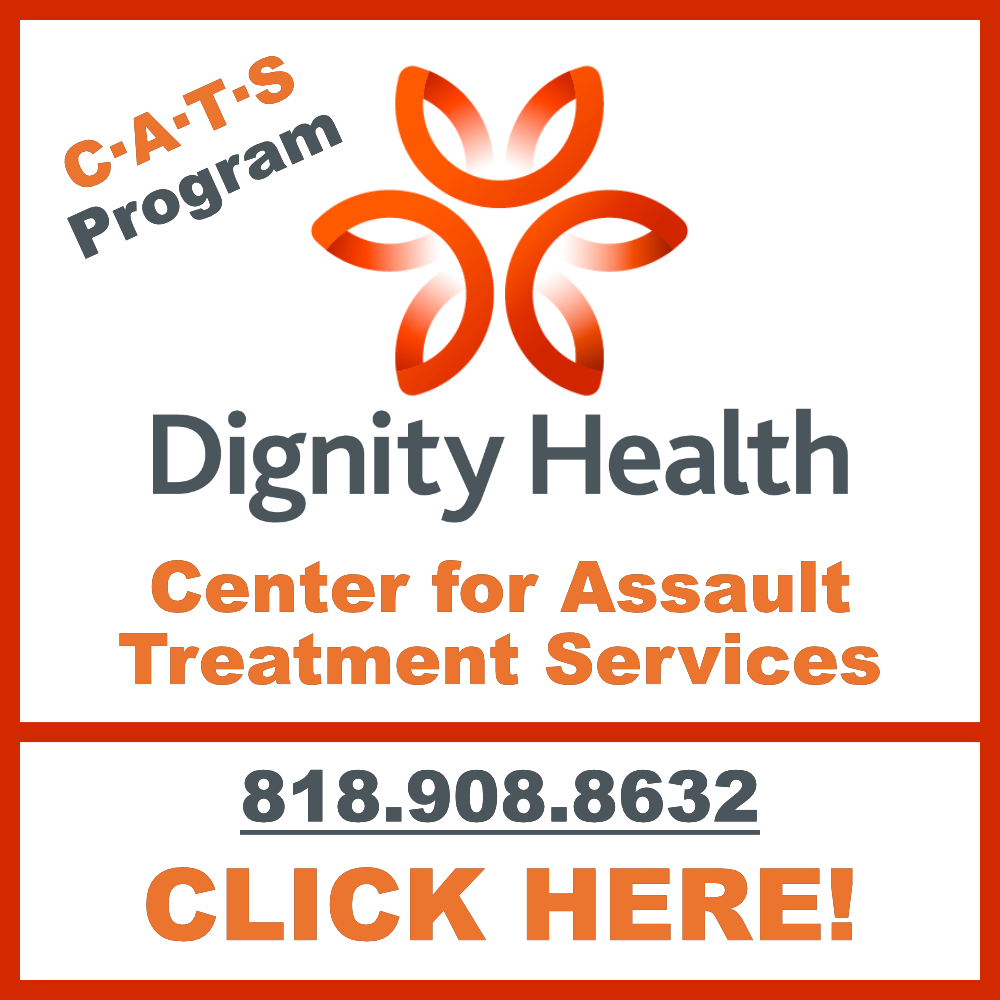Student Health & Wellness Center | Sexual Assault
College of the Canyons is committed to your safety and wellbeing. If you or someone you know has been (or even think you have been) sexually assaulted, we stand by ready to provide you with immediate and discreet help.
While this may be the last thing on your mind, preserving any physical evidence will help with your case. Even if you're not sure if you're going to follow through on a report the assault to the police, it's a good idea to observe the following guidelines until you decide:
◉ It's important that you do not take a shower or a bath.
◉ If you did take a shower or bath, be sure to save the towel you used afterwards.
◉ Try not to eat, drink, smoke, brush your teeth, or take in anything by mouth.
◉ If possible, don't urinate or use the restroom.
◉ If you've changed your clothes, take all of the clothes you were wearing during the assault and put them in a brown paper bag.
◉ Don't douche.
◉ If you're on your period, keep the tampon or pad.
◉ If a condom was used and you can safely acquire it, save the condom.
◉ If it was a stranger assault, make a mental note of any items (such as furniture, the steering wheel, or a glass) the perpetrator may have touched.
◉ Don't drink any alcoholic beverages or use any drugs after the assault.
◉ If you are intoxicated and can't remember the assault, save any drinks you consumed that the perpetrator had access to.
◉ For now, limit your conversation with friends and relatives about the assault.
◉ Don't have any intimate relations until after the sexual assault exam.
◉ If you go to the emergency room, the exam should just be visual unless there is an immediate need for medical attention.
◉ If you choose to report the assault, report as soon as possible. Just call 911 or your local police department, and they will guide you from there.
◉ The police may decide that a medical exam is needed to collect evidence. If so, they will call the Sexual Assault Emergency Response Team (SART) and drive you to a specially equipped hospital. You won't be going through this alone. When you get to the hospital, your advocate from the local rape crisis center will be waiting for you as well as a sexual assault nurse examiner.
◉ If law enforcement requests the exam, California law states that you can't be billed for it.
◉ If you're not sure about reporting, we have provided some reasons to report to help you make an informed decision. We also invite you to call our 24HR Hotline at (818) 886-0453 or (661) 253-0258. Whatever you decide is okay with us.
◉ It's important to make sure that you are okay; this means medical attention is needed. Places you can go include your family physician, Planned Parenthood, or a local family planning clinic. Note that all medical providers are mandated reporters and will call law enforcement if they have knowledge of or suspect sexual assault.
◉ It is a good idea to talk to a professional counselor to begin the healing process. You have bravely survived a trauma. Many trauma survivors experience Post Traumatic Stress Disorder. Without treatment, survivors often find themselves feeling depressed, anxious, or self-destructive. Counseling can help alleviate these symptoms and keep other ones from coming up. Counseling at VTCC can be arranged by calling our 24HR Hotline at (818) 886-0453 or (661) 253-0258.
WHAT TO DO IF SOMEONE YOU CARE ABOUT HAS BEEN SEXUALLY ASSAULTED:
The first and most important thing you can do is listen without blaming. The survivor is probably nervous to talk about what has happened and has chosen you as a person that can be trusted. You don't really have to say anything special; you just need to listen to as much as they want to say, express to them how much you love and care for them, tell them that you are honored that they would come to you, and, most importantly, tell them that they are not to blame.
Once a survivor starts sharing, they may just tell a little, or they may tell a lot; it depends on many factors. Your role is just to listen without judgment.
If the survivor shares something very graphic that is hard to listen to, you may share your feelings with them; however, it is VERY IMPORTANT that they know that you are just shocked and saddened by the horror of what they had to endure. Let them know that they have not changed in your eyes. If they wish to report the assault to the police, they can just call 911 or their local police department who will guide them from there.
A sexual assault exam (also known as a forensic exam) may be required. The police may decide that a medical exam is needed to collect evidence. If so, they will call the Sexual Assault Emergency Response Team (SART) and drive the survivor to a specially equipped hospital where an advocate from the local rape crisis center and a sexual assault nurse examiner will be waiting.
If the survivor doesn't know whether to report the assault or not, you can discuss their options with them, refer them to What to do if you have been assaulted, or call our 24HR Hotline at (818) 886-0453 or (661) 253-0258.
Encourage them to make their own decision whether to report or not; don't make the decision for them.
If the survivor chooses not to report, that is okay. Since the survivor is the person who will have to go through the sexual assault exam and possibly testify and recount the event with no guarantee of the outcome, it is important that they choose this option themselves.
It is important that the survivor receive medical attention. Note that all medical providers are mandated reporters and will call law enforcement if they have knowledge of or suspect sexual assault; it is important that the survivor know this before making an appointment. They may choose to go to their family physician, Planned Parenthood, or a local family planning clinic.
Should the survivor go to counseling? Again, this is an individual decision that only the survivor can make. You may want to encourage them to try it out, as it can help reduce symptoms of Post Traumatic Stress Disorder. Although counseling is not for everyone, most people find it beneficial.
Should you go to counseling? This is an option available to you and may be quite helpful. Counseling at VTCC can be arranged by calling our 24HR Hotline at (818) 886-0453 or (661) 253-0258.
Remember: it is not their fault.
Helpful Links
 What Is Consent? What Is Consent? |
 Strength United Strength United |

 My Canyons
My Canyons  Canvas
Canvas  Center For Assault Treatment Services
Center For Assault Treatment Services